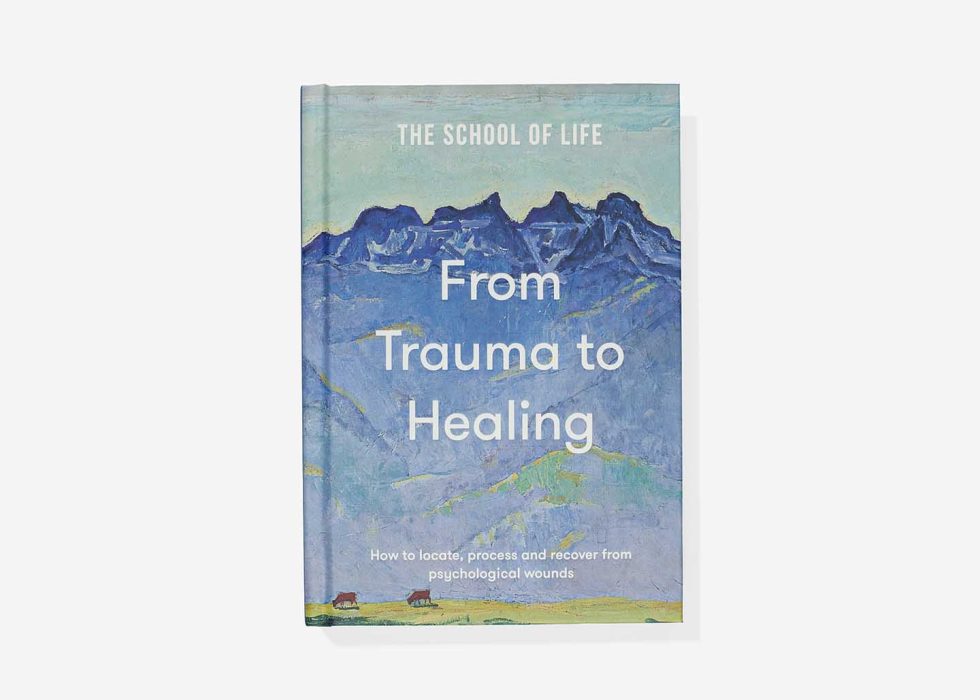Self-Knowledge • Growth & Maturity
What Regret Can Teach Us
Part of the pain of growing older is that we can start to see how much, at certain points, we misunderstood ourselves, what the costs of missing self-knowledge were and how beautiful it could be if we could just build ourselves a time machine and go back and correct all our mistakes.

It’s because – at the age of seven – we had no idea about standing up to an adult that we let ourselves get trampled upon by a parent and then grew up as a target for bullies for much of our lives.
It’s because at seventeen, we were so uncertain about our value that there was no way we could seduce someone we liked and wasted what might have been some of our most promising years in loneliness and self-hatred.
It’s because at thirty, we couldn’t understand how our romantic tastes had been formed by our family histories that we embarked on an incautious relationship that spoilt multiple lives.
The better responses, when we do finally achieve them, are so simple as to be almost insulting. But something can be no less crucial for sounding ‘minor’: a missing screw can, after all, bring down a 55 tonne airliner. We may realise – far too late – that we need to believe in ourselves, overcome the snobbishness of our parents, correct the distorted images we have of figures of authority, stop worrying what others think, live by our own values and be free.
If only we could land our elegant time machine next to our younger selves and whisper them such advice: we’d have left home with our dignity intact, we’d have had the love we craved, we’d have spared ourselves relationship agonies. It’s so tantalising, no wonder we often stay up late fantasising about being able to go back in our time machine knowing then what we know now.
But not picking up key lessons wasn’t a casual oversight. Wise lessons were around, but we weren’t ready. Our inattention was inevitable rather than accidental. We might have laughed defensively if someone had suggested going to psychotherapy aged seventeen. We would have called emotional intelligence ‘psychobabble.’ We were wedded to our illnesses.
We might try to be kinder to ourselves by recalibrating how easy certain emotional steps ever really are. They can certainly be summed up to sound simple. But there is nothing at all simple about correcting mental unwellness. It can legitimately be the work of a lifetime, and the achievement of which we are by far the most proud, to one day be able feel fundamentally content with ourselves, not scared all the time, reconciled to our careers and holding the hand of an ordinary kind clever person who loves us and whom we love. That only ever looks easy; in reality, there’s nothing more complicated in the universe.



























